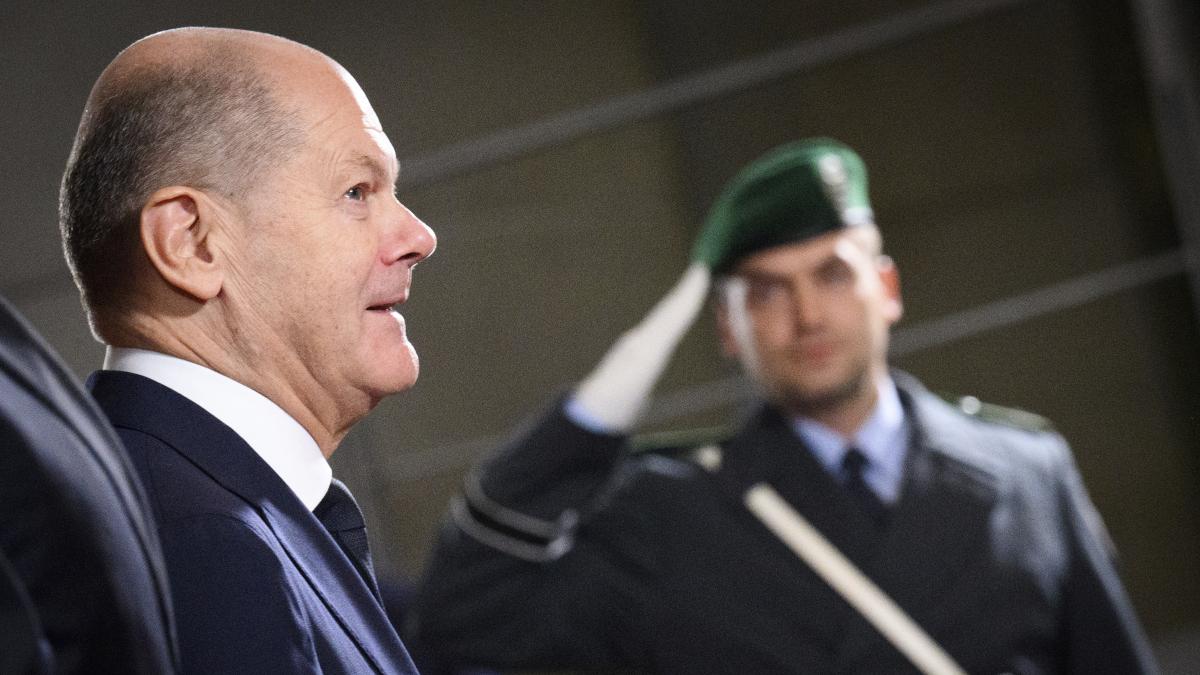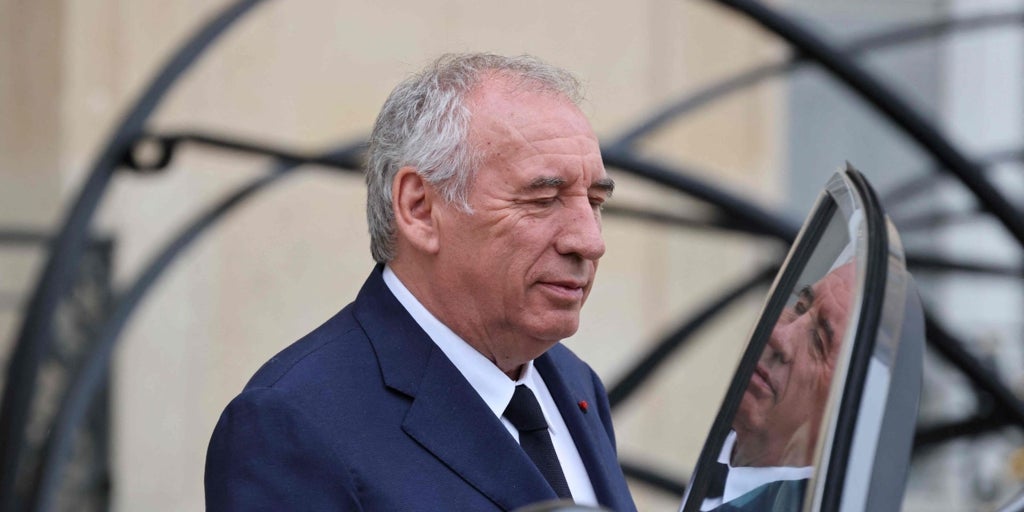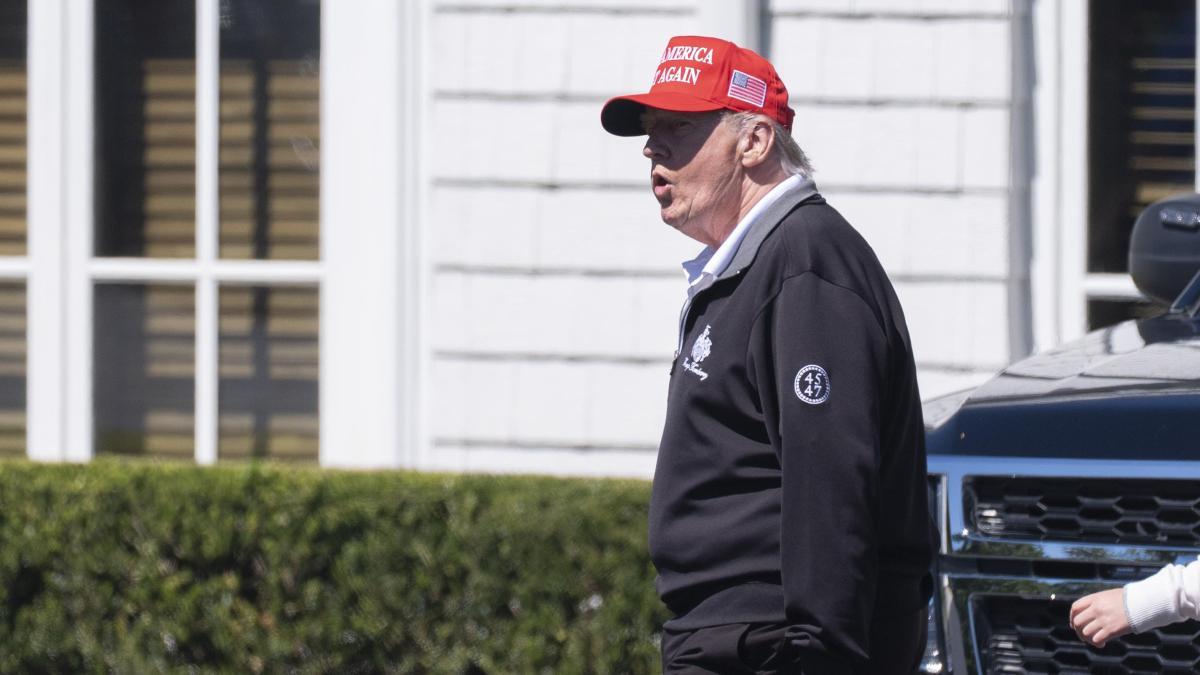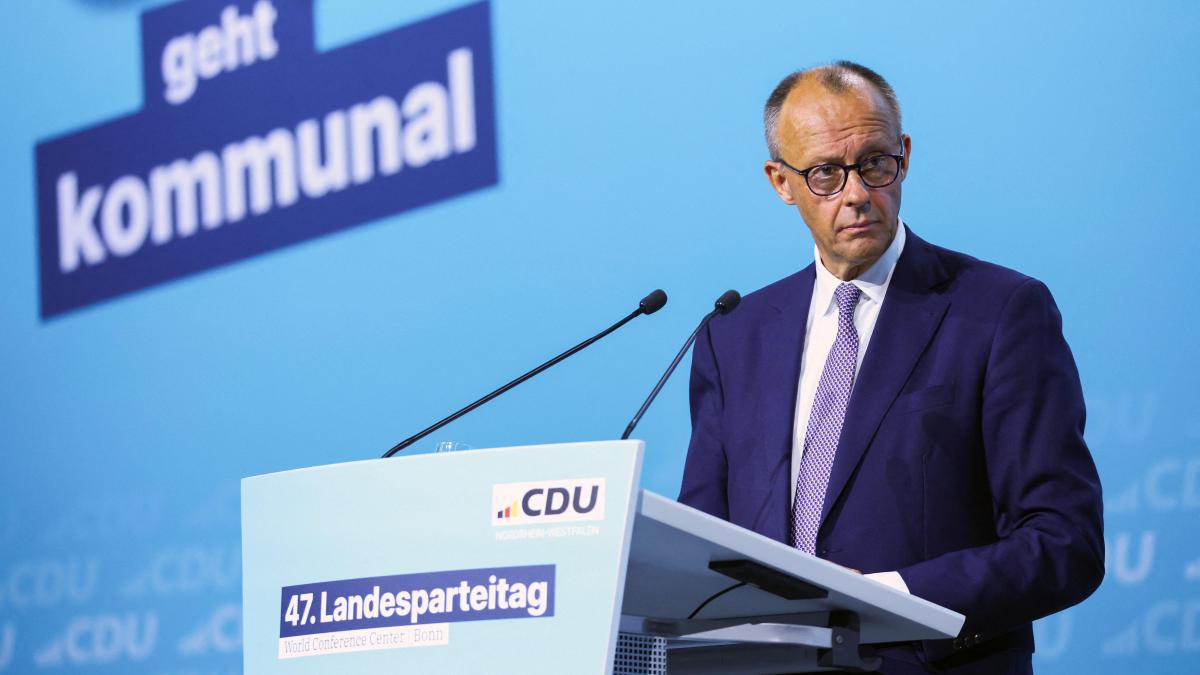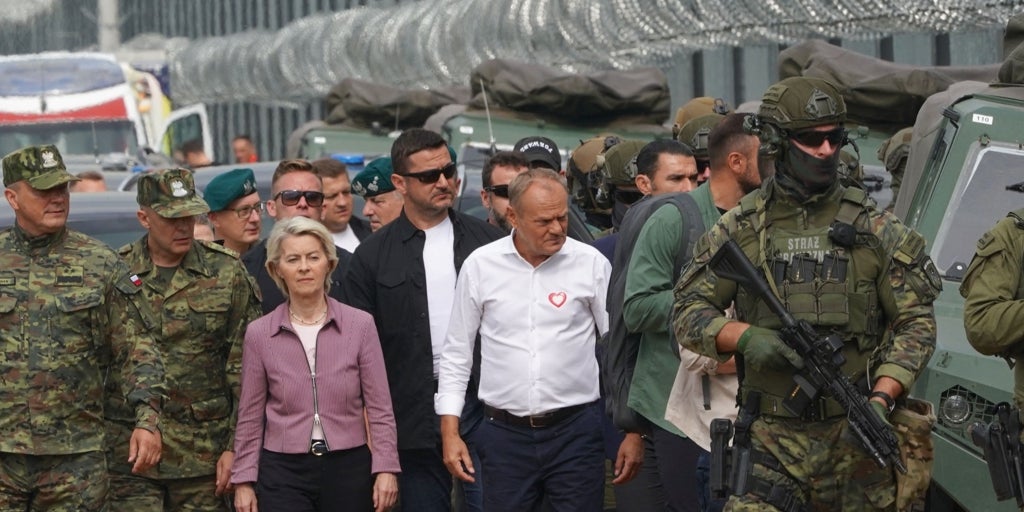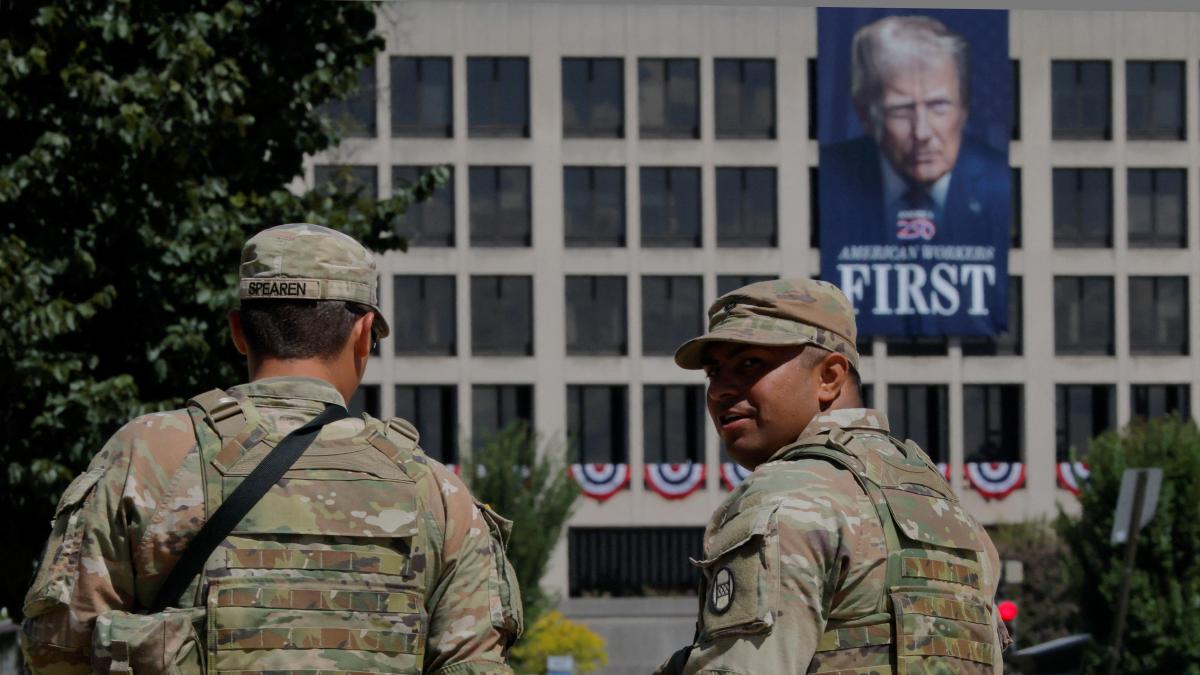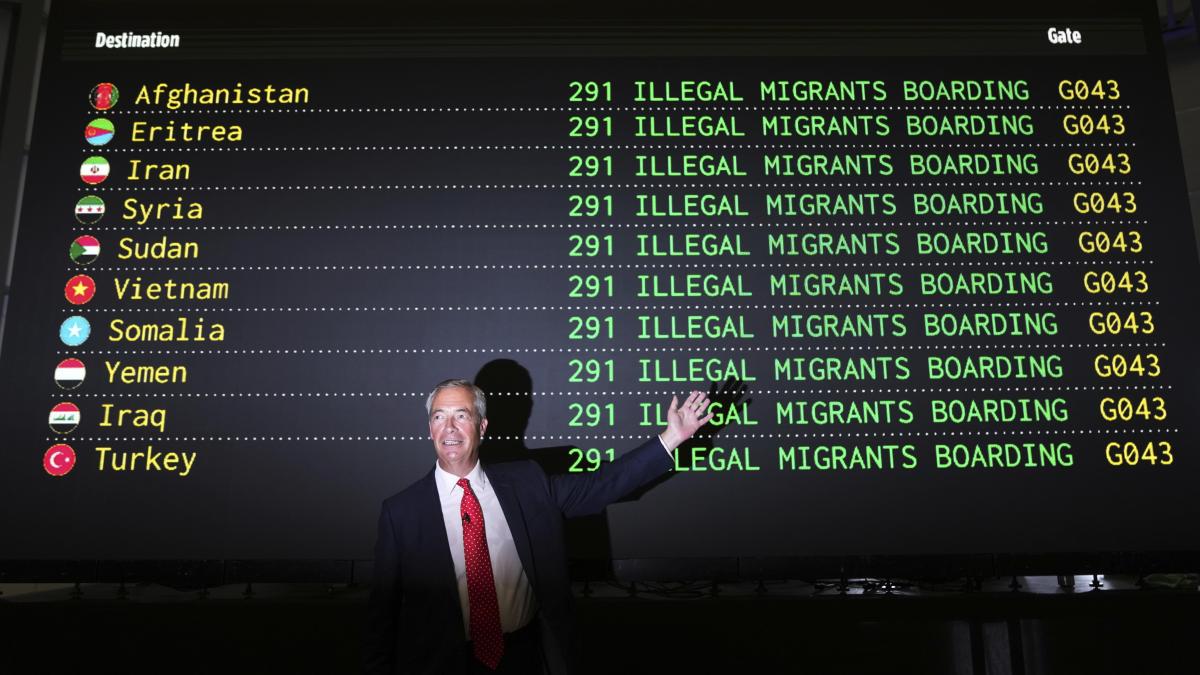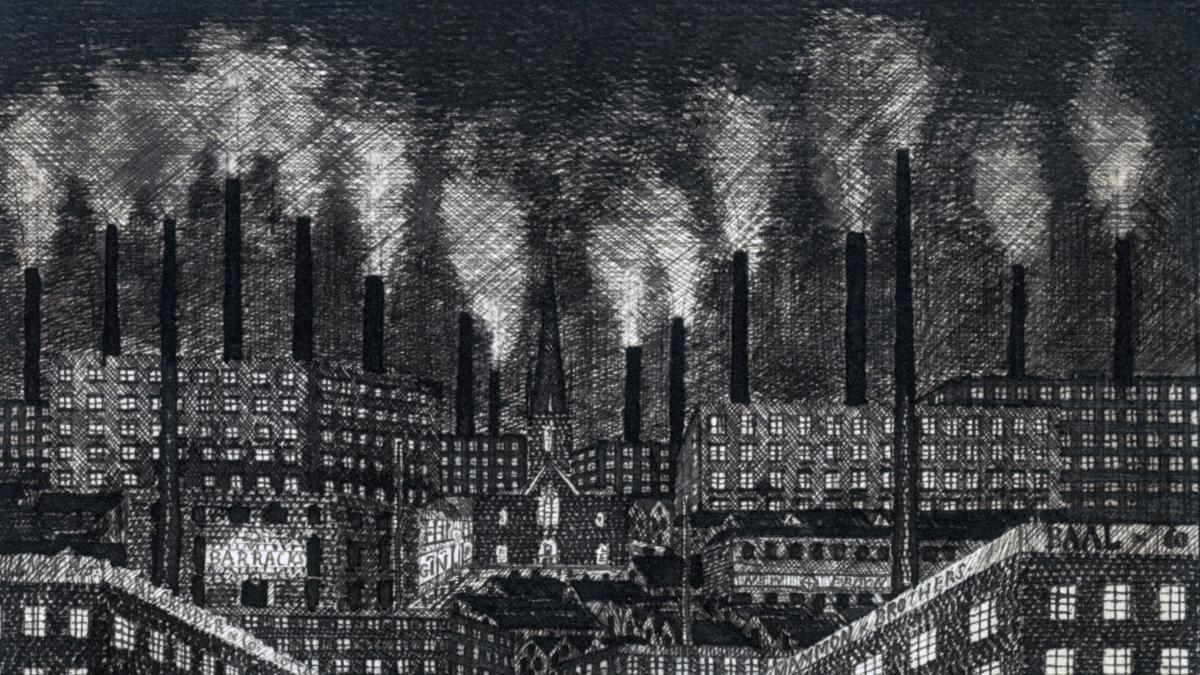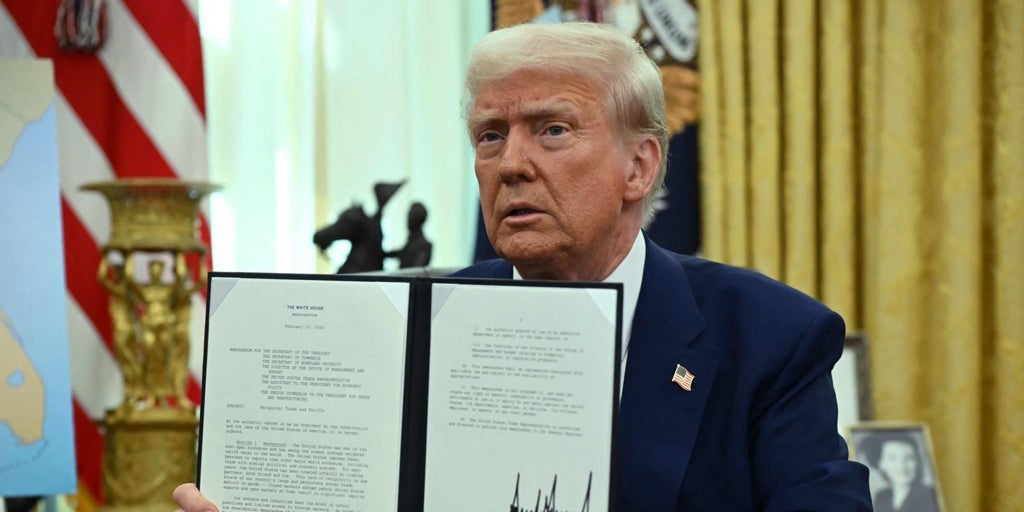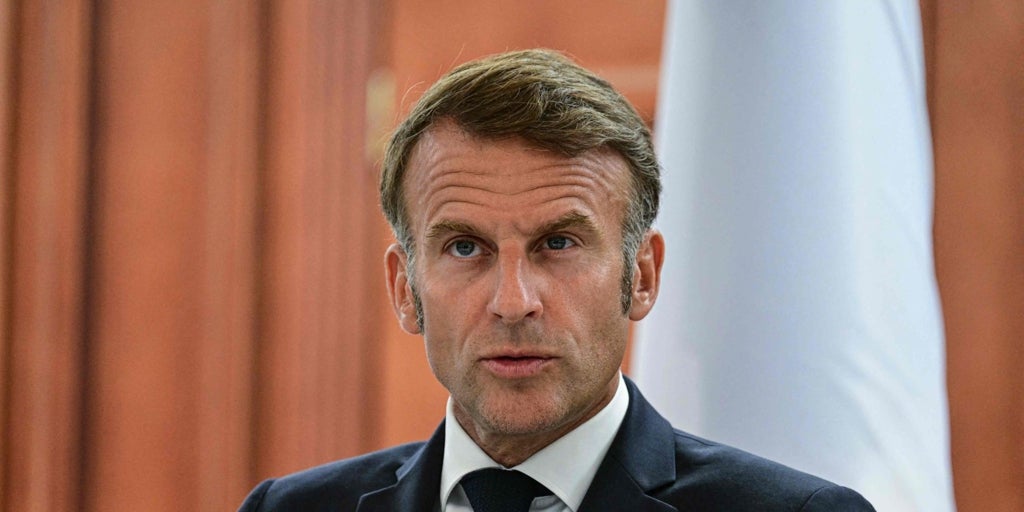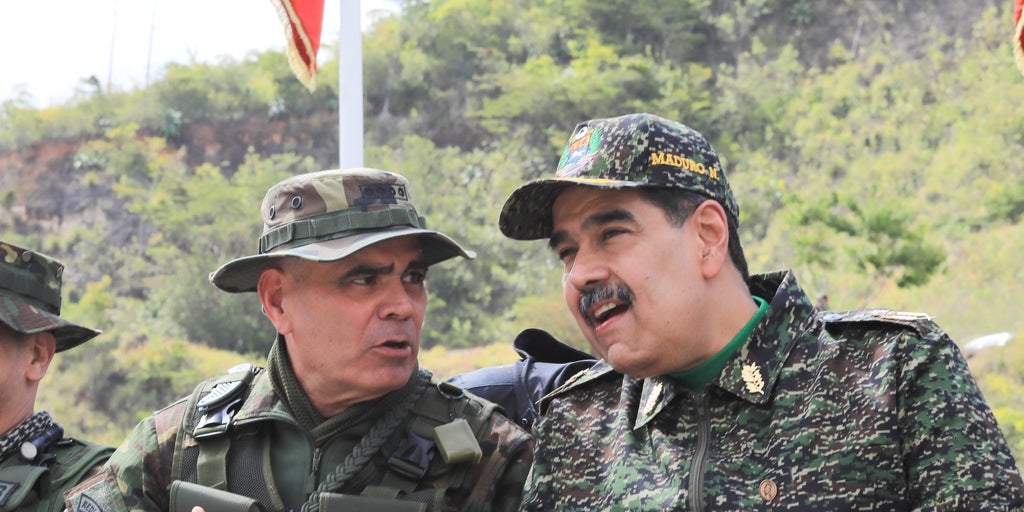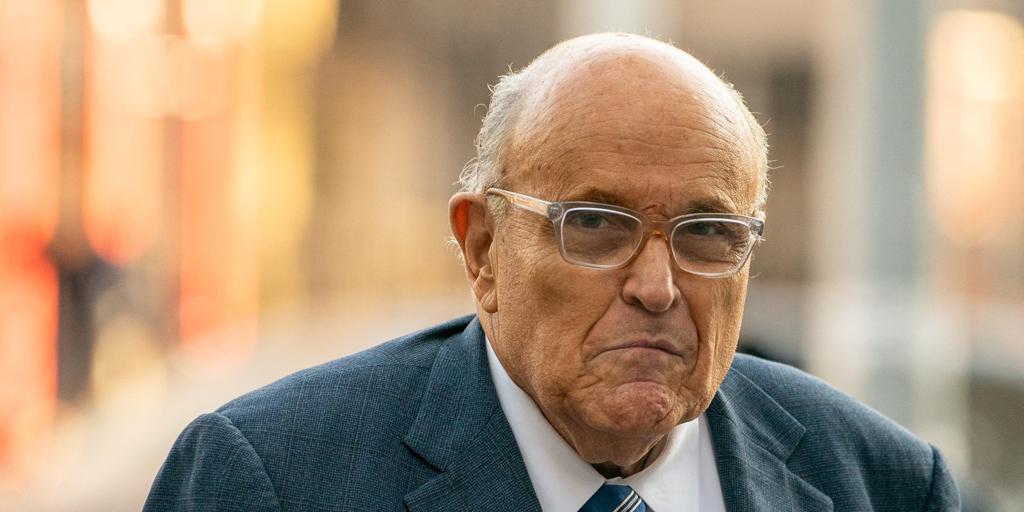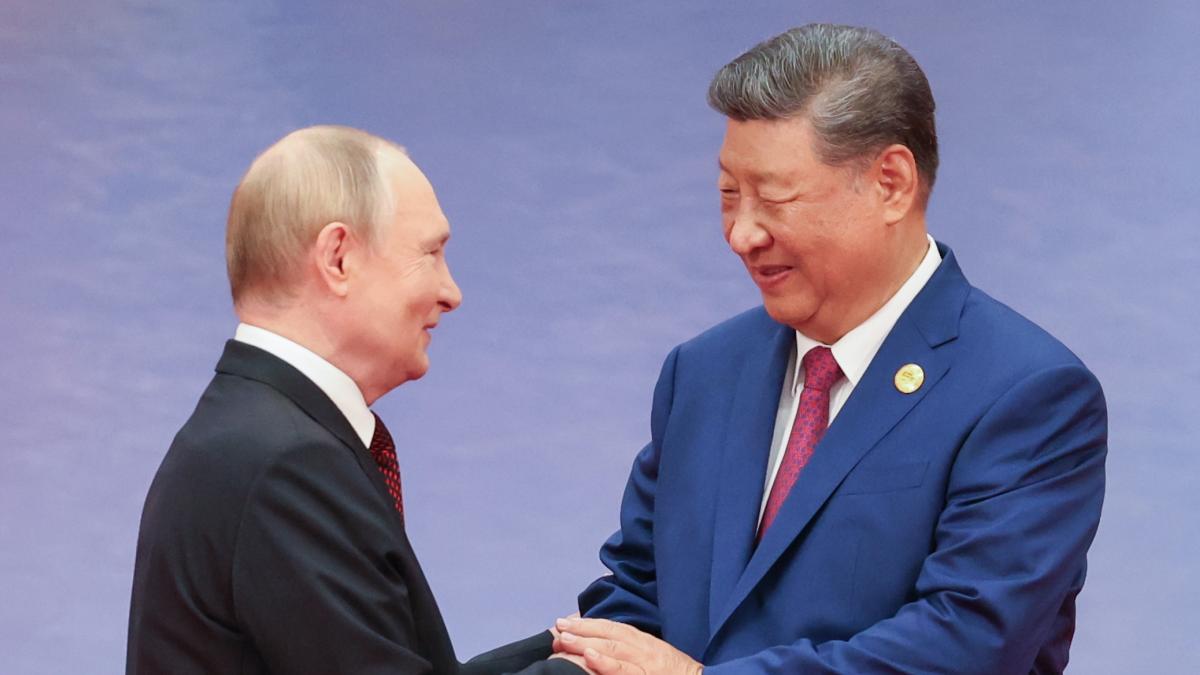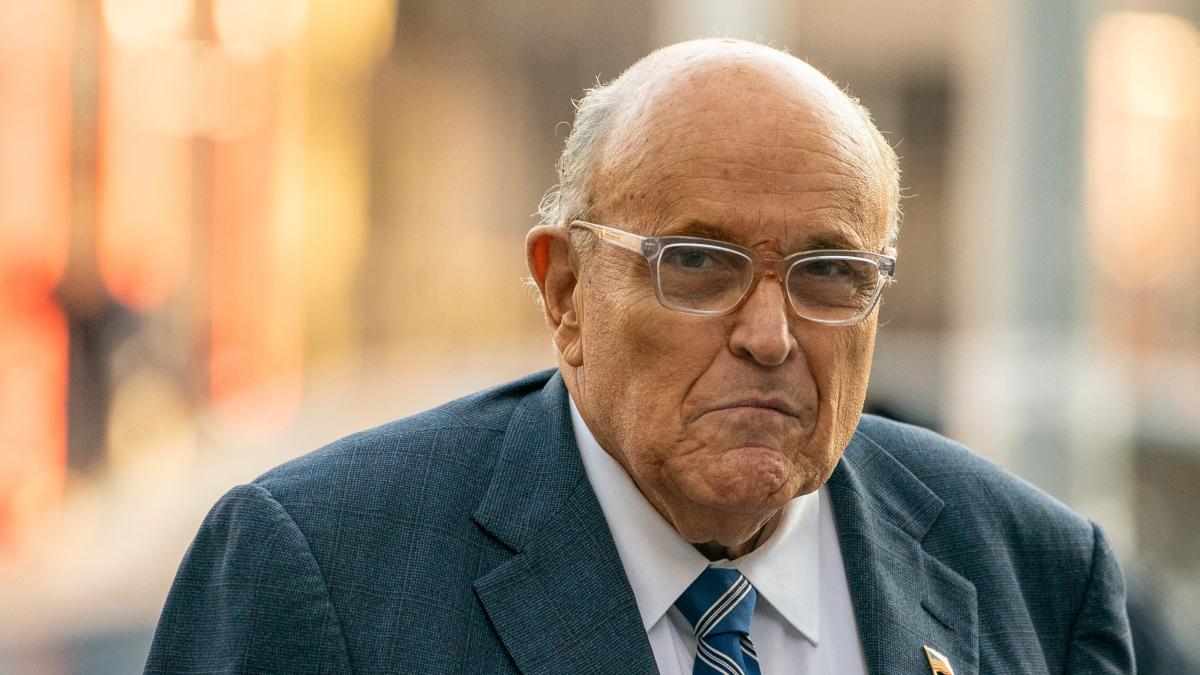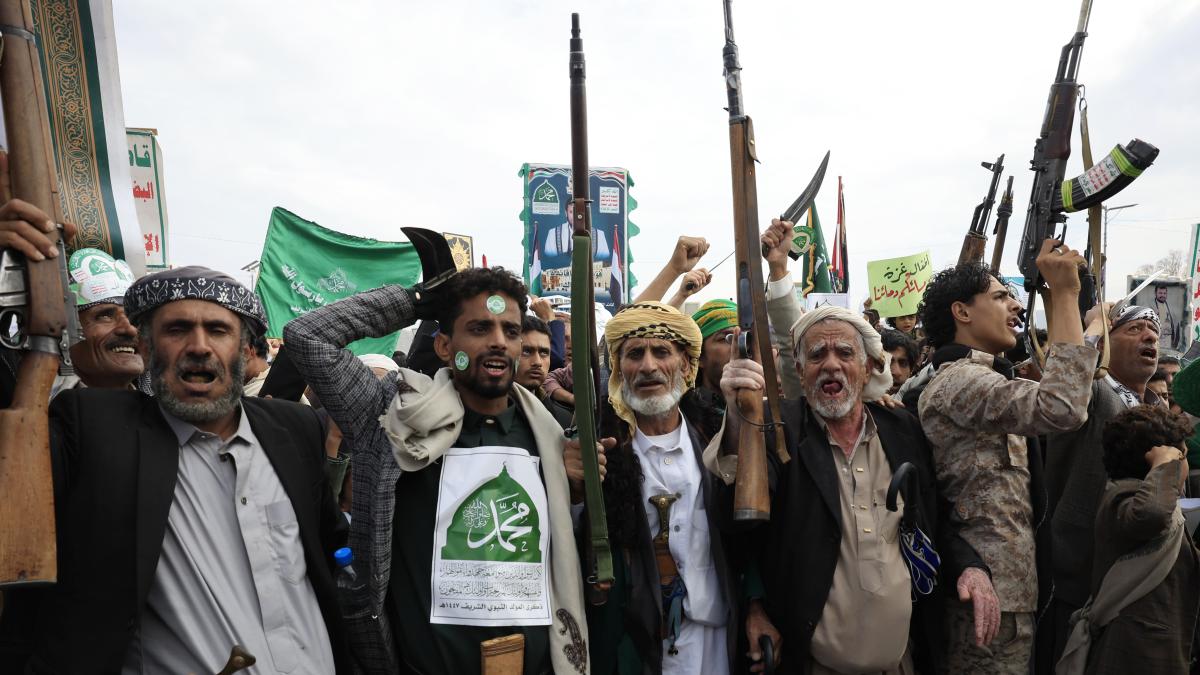The Ukrainian president, Volodymyr Zelensky, affirmed yesterday that Russia’s war against his country “will end sooner” with the administration of the president-elect of the United States, Donald Trump, in striking coincidence with the telephone conversation held yesterday by the German Chancellor, Olaf Scholz. , and the Russian president, Vladimir Putin, who points to a beginning of thaw between the West and Russia.
“The war will end, but there is no exact date,” Zelensky told Ukrainian radio station Sulpine, Reuters reports. Of course, with the policy of the team that will now run the White House, the war will end sooner.” Meanwhile, in an interview yesterday with the German newspaper South German newspaper Scholz said that after speaking by phone with Trump this week about various issues, he was left with “the impression that he has a more nuanced position than is often assumed in Germany.”
The Russian leader replies to the German that a peace agreement must include “the new territorial realities”
The one-hour telephone conversation between Scholz and Putin on Friday is the first through this means of communication in almost two years. Scholz called on Putin to withdraw his troops from Ukraine and urged him to “negotiate with Ukraine to achieve a just and lasting peace,” while Putin made any agreement subject to Russia’s security interests and “new territorial realities,” according to the respective versions of the German chancellery and the Kremlin.
Before taking this step, Scholz spoke by phone with Zelensky on Wednesday, who, according to official Kyiv sources cited by the Reuters agency, warned him that “this would only help Putin by reducing his isolation; “Putin doesn’t want real peace, he wants a pause.”
In the conversation, Putin conveyed to Scholz that his peace proposal for Ukraine from last June still stands, when he said that Moscow will declare a ceasefire if the Ukrainian army withdraws from the regions of Luhansk, Donetsk, Kherson and Zaporizhzhia, and if Ukraine refuses to join NATO. These conditions are unacceptable for Kyiv, as they amount to a surrender and cession of territories. “Russia’s proposal is well known (…) Possible agreements must take into account the interests of the Russian Federation in terms of security, start from the new territorial realities and, most importantly, eradicate the root causes of the conflict” , reads the Kremlin statement.
Olaf Scholz “underlined Germany’s unwavering determination to support Ukraine in its defense against Russian aggression for as long as necessary,” a spokesperson for the chancellor said. He also condemned the Russian bombings of infrastructure and civilians in Ukraine and warned Putin that the presence of North Korean soldiers is an escalation of the conflict.
Scholz and Putin last spoke by phone on December 2, 2022, ten months after the start of the invasion. That year they had seen each other in person in Moscow, where Scholz traveled in February a week before the attack. Then there were a few more calls, until the last one in December.

